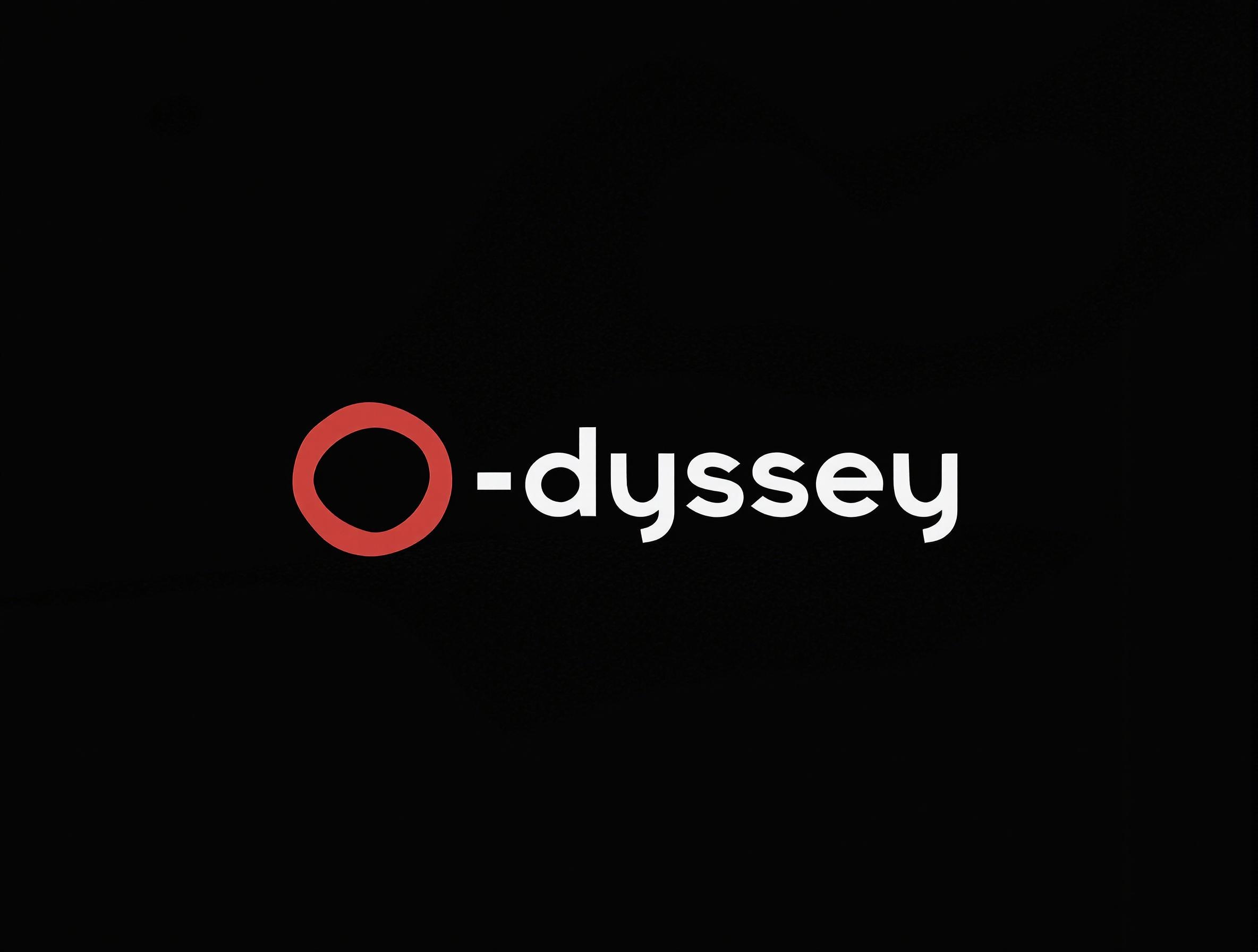Overview of Brexit’s Impact on the UK Automotive Industry
The Brexit effects have rippled across the UK automotive industry, posing significant challenges and reshaping the market landscape. A primary concern is the economic impacts on production and sales. Since Brexit, UK manufacturers are grappling with increased costs and potential disruptions in their supply chains. These economic uncertainties have led to recalibrations in production timelines and outputs, adversely affecting overall sales volumes.
Another crucial aspect is the regulatory changes affecting automotive exports and imports. With the UK no longer part of the EU single market, new tariffs and trade barriers have emerged, complicating export and import activities. These hurdles have required automakers to re-evaluate their strategies to maintain competitiveness both domestically and internationally.
Also to read : How Can Emerging Technologies Reinvent the UK Automotive Industry?
Brexit has also influenced consumer behavior and demand trends. As economic pressures mount, consumers are becoming more cautious in their spending, which impacts demand for new vehicles. The uncertainty surrounding the market and potential price increases may lead consumers to delay purchases or shift preferences, complicating the decision-making process for manufacturers.
In essence, the UK automotive industry faces a complex web of challenges as it navigates the post-Brexit terrain, striving to adapt to this new era of economic, regulatory, and consumer dynamics.
Also read : What role do trade agreements play in the UK automotive sector?
Case Studies of UK Automotive Companies Adapting to Brexit
Exploring company strategies becomes illuminating when examining how major UK automotive companies navigated the choppy waters of Brexit. Each company represents a unique blueprint showcasing adaptation in action amidst economic upheaval and regulatory maze.
Case Study: Jaguar Land Rover’s Response
Jaguar Land Rover has implemented robust strategies to address Brexit effects. The manufacturer concentrated on diversifying its market base beyond the EU, increasing investments in electric vehicles, and streamlining operations to bolster efficiency. By enhancing production capabilities domestically, Jaguar Land Rover aims to mitigate supply chain disruptions, securing a stable footing in the shifting UK market.
Case Study: Nissan UK’s Strategic Adjustments
Nissan UK’s approach focused on operational flexibility to withstand automotive industry challenges. The company prioritized strengthening ties with local suppliers, thereby reducing reliance on international counterparties and easing the burden of new tariffs. Additionally, Nissan accelerated its push for technological advancements, embracing automation to maintain competitive production levels and aligning itself with long-term Brexit policies.
Case Study: BMW’s Operational Changes
BMW embarked on strategies tailored to overcoming UK market changes through strategic scaling of its operations within the UK. Adaptive measures included expanding regional manufacturing and investing in new technologies to enhance process efficiency. By streamlining its supply chain and cultivating partnerships with innovation hubs, BMW partners its immediate needs with future industry trends.
These case studies not only reveal diverse strategic landscapes but also underscore the resilience and adaptation UK automotive companies have employed to thrive post-Brexit.
Supply Chain Adjustments in the Automotive Sector
The supply chain challenges facing the UK automotive sector post-Brexit cannot be understated. Companies have had to reconsider how they source essential materials and components, often looking towards local suppliers to mitigate the impact of tariffs and trade barriers. This shift is not only a reaction to increased costs but also a strategic move to ensure supply chain resilience in the face of uncertainty.
Logistics changes have played a crucial role in adapting to these challenges. The introduction of new tariffs and the loss of seamless trade with the EU have forced manufacturers to innovate their logistics and distribution strategies. This includes optimizing routes, leveraging technology for tracking and efficiency, and even investing in physical infrastructure to support new logistical needs.
Automotive suppliers are at the heart of these adjustments. They are continuously seeking innovative solutions to streamline operations and maintain supply chain efficiency. This includes adopting technology to improve communication and coordination with manufacturers, ensuring timely delivery of components and materials despite the regulatory hurdles.
In this evolving landscape, the ability to adapt supply chain strategies is essential to maintaining competitiveness in the UK market. As companies navigate these new challenges, logistics changes and collaboration with local suppliers emerge as crucial factors in defining success.
Policy Changes Affecting the Industry Landscape
In the post-Brexit era, government policies and the evolving regulatory framework significantly influence the UK automotive industry. These changes are not merely bureaucratic shifts, but pivotal factors shaping the industry’s direction and competitiveness.
The UK’s departure from the EU has resulted in a series of new industry regulations tailored to replace European ones. The UK government has undertaken initiatives to realign regulatory standards, aiming to balance trade facilitation with compliance requirements. For automakers, understanding these new frameworks is essential to navigating the complex regulatory landscape, especially as they impact production standards and vehicle emissions policies.
EU-UK negotiations have been a focal point, with critical discussions around tariffs, quotas, and technical standards. The outcomes of these negotiations continue to define the trading conditions under which UK automakers operate. The regulatory uncertainty stemming from these talks poses challenges for long-term planning and investment in the automotive sector.
Looking forward, future regulatory considerations include addressing potential divergence from EU standards, as the UK may set unique automotive benchmarks. Companies will need to remain vigilant, adapting compliance strategies to ensure alignment with both domestic and international requirements. This evolving backdrop underscores the significance of robust strategic planning and agile adaptation in maintaining the industry’s resilience and growth potential post-Brexit.
Future Implications for UK Automotive Companies Post-Brexit
As the UK market navigates the turbulent waters post-Brexit, there are profound implications for the automotive industry. The landscape is evolving, driven largely by long-term strategies formulated by manufacturers. These strategies aim to fulfill the growing need for economic forecasts and market predictability.
Predicting Market Trends in the UK Automotive Sector
Brexit effects have necessitated a reevaluation of market dynamics, with key trends shaping future growth. One such development is the shift towards sustainability, where electric vehicle production is becoming a priority to meet environmental standards and reduce dependency on traditional fuel sources. Manufacturers are also focusing on consumer demand analytics, leveraging data to predict purchasing patterns in the uncertain UK market climate.
Innovations and Technological Adaptations
The role of technology is undeniable in transforming the operations of UK automotive companies. Innovations in automation and digitalization are at the forefront, enhancing production efficiency and reducing costs. The integration of AI and IoT in vehicles is an emerging area, promising to revolutionize user experiences and safety features, thus offering a competitive edge to enterprises who adapt early.
Strategic Alliances and Collaborations
Forming strategic partnerships has become essential for navigating post-Brexit challenges, particularly in overcoming barriers imposed by new trade policies. Collaborating with international counterparts and technology firms helps mitigate automotive industry challenges and foster innovation. Such alliances enable pooling of resources, knowledge exchange, and access to broader market opportunities, securing a resilient future for the UK’s automotive sector.
In essence, a blend of adaptability, innovation, and collaboration will be pivotal in steering UK automotive companies through the post-Brexit era. These aspects underscore the significance of strategic foresight in sustaining growth and navigating the complexities of the UK market changes.






